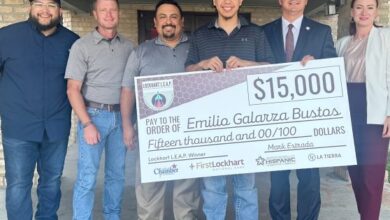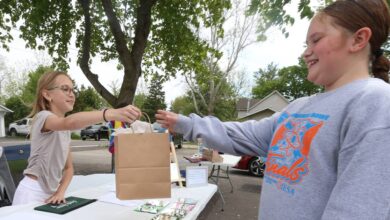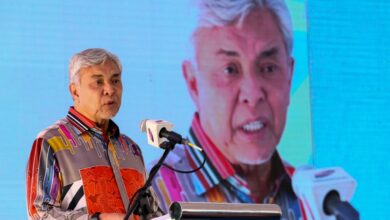A Scheme Boosting Female Entrepreneurship | Business
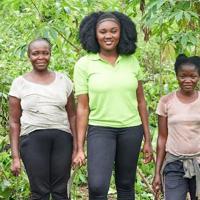
Attracting investment was tough when Goretti Itoka started her cassava, potato, and eddo chips business in 2020. She couldn’t afford to have a processing facility or a shop where customers could buy the snacks.
“My production started in my boyfriend’s apartment, we used the living room to slice and fry, the spare room for packaging and storage, and the kitchen and back porch for peeling, and other production processes,” she recalls.
Doing business in Liberia can be generally a challenge but, for women who need more cash to support their businesses, the challenges are more pronounced. Some tend to borrow money from banks with high interest rates that cause them to default on payments. According to the World Bank, women represent a small portion of the formal small and medium enterprises (SMEs) in developing markets and encounter many limitations to success.
They have more restrictions on access to finance and have less favorable terms. reducing constraints would level the playing field and open more opportunities for women entrepreneurs.
Despite these hurdles, women like Goretti are still visible, boosting agricultural produce and empowering local farmers to mitigate food insecurity. “My goal is to empower women farmers,” she said.
Her firm, Agro Retti, is working with 80 farmers in Bong, Lofa, Nimba and Margibi Counties. She gave them farming tools, equipment, and cash to grow the eddoes and cassava, which she would then buy from them when they harvested.
“We have a contract with them when they grow we buy from them at a certain price which is lower than the market price giving them market access.”
Food insecurity and malnutrition are still a major concern in Liberia. Moreover, the COVID-19 pandemic and the ongoing Russian-Ukraine invasion have escalated the situation.
In August 2022, the Liberia Food Security, Nutrition, Livelihoods and Markets Assessment found that 2.2 million Liberians are food insecure, representing 47% of the total households; out of which 39% are moderately food insecure and 8% are severely food insecure.
An estimated 416,000 people require urgent food assistance. These severely food insecure people are mainly in counties with the highest food insecurity, especially counties in the southeast. Namely, Maryland, Sinoe, Bong, Lofa, Grand Cape Mount, Grand Kru, Gbarpolu, Grand Gedeh, and River Gee.
Every week, a huge quantity of cassava and eddoes are produced at the Agro Retti processing site in Duport Road, Paynesville. Goretti says weekly production depends on demand from clients. The products are sold at major supermarkets in Monrovia.
In Liberia, agriculture accounts for 36% of the country’s GDP and constitutes an average of 14% of total export earnings. Women play a significant role in agriculture. They account for approximately 80% of the agricultural labor and are responsible for 93% of food crop production. Despite that, women face challenges in accessing agricultural inputs and financing.
Data from the Liberia Business Registry shows that the number of women-registered businesses has increased from 2018 to 2023.
Atty. Decontee King-Sackie, managing partner, ZE’AD Consultant Firm, said women-managed firms make up about one-third of all of the formal firms in Liberia, but they often have lower revenues than those managed by men.
“Women entrepreneurs tend to work informally in low productive sectors such as small retail and trading businesses. They have significant constraints with access to business networks as well as market information,” King-Sackie says.
These constraints forced women to seek loans from banking institutions with unfavorable rates that sometimes resulted in them defaulting on payment or sometimes being unable to pay.
Madam King-Sackie, who is also a Chartered Accountant, added that women accessing loans from banks should improve their business assets and access to credit.
“So, some of that will include microfinance options, but those will have to be tailored specifically to women’s needs, credit guarantee schemes, and also financial literacy. And that can be done through maybe finding targeted financial products and services.”
Amidst this struggle with accessing finance, one option could be a grant for women-led businesses since they don’t have to pay back.
“Having access to grants provides freedom and flexibility with scaling up your business without having to worry about overload from loan payments,” says Brenda Moore, executive director of Kids Education and Engagement Project (KEEP), an NGO that provides a reading hub for children.
Madam Moore is also an entrepreneur. She said women’s businesses struggle with capital, finance, and access to capital. “Most of the banks, if you take loans from them, you have to pay with a high-interest rate payment period which is usually condensed.”
In 2021, the United Nations Development Program (UNDP) launched a grant scheme to support businesses in Liberia. This initiative followed a survey conducted in collaboration with the United Nations Capital Development Fund (UNCDF), which revealed that farmers were trapped in subsistence farming due to the lack of specifically targeted loan products from financial institutions in the country.
The program, known as the Growth Accelerator Program, provides a co-financing US$40,000 grant to small and medium-sized businesses. The grant is awarded through a competitive procedure for businesses located in Montserrado, Lofa, Grand Cape Mount, Nimba, Grand Bassa, Sinoe, and Grand Gedeh counties.
Implemented by iCampus Liberia in partnership with the Ministry of Commerce, the program offers business management knowledge and skills through targeted capacity-building training, workshops, hands-on coaching, and mentoring services. Additionally, it facilitates access to finance, enabling these businesses and cooperatives to accelerate their growth.
So far 45 businesses and cooperatives have benefited from the program, of which 37% have been women-led, and 46% have been youth-led. In Cohort I (2021), ten Micro, Small, and Medium Enterprises (MSMEs) were incubated. Cohort II (2022) included 14 MSMEs and 10 Agriculture Cooperatives. In Cohort III (2023), there were ten MSMEs and ten Agriculture Cooperatives, resulting in a total of 34 MSMEs and 20 Cooperatives.
The program aims to support businesses, particularly post-revenue-generating small and medium-sized enterprises, as well as commercially inclined agricultural cooperatives and forest-based enterprises. By scaling up their operations, these businesses contribute significantly to national economic development through increased revenues and job creation.
Grantees undergo a rigorous selection process, which includes meeting specific criteria: operating as a functioning business for more than a year; having a valid tax clearance; being registered with the business registry; maintaining an office and presenting a future business plan that must be pitched to the selection committee.
“We set up an independent selection committee that comes and vets the application and rolls it down to a shortlist and then we go out and do due diligence to verify all of the information that they will shortlist once we verify we come back and we do the final selection of that cohort,” said Luther Jeke, iCampus Liberia CEO.
Last year, the program attracted over 200 applications from Micro-Small and Medium-sized Enterprises (MSMEs) from across 11 counties in Liberia with 31.2% being women-led enterprises 68.8% being male-led enterprises and 53.9% being youth-led enterprises of 20 enterprises, including 10 MSMEs and 10 Agricultural Cooperatives accessing the grant fundings of US$40,000 each to improve and grow their operations and commercial viability.
In 2023, Agro Retti was one of the grantees. Goretti says she received U$39,800, which she used to procure new machines that have now made her work easier. “The UNDP grant helped the company. We got a new slicing machine through the grant. We used to use our hands to slice the eddoes and cassava, and it was so hard but now with the grant we bought two machines; we just put the eddoes in the machines. The machine washes it, slices and fries it,” she says.
“So before the grant, we were using hand slicers. The women would sit for hours. We used the manual slicers and it used to cost us a lot of money and take a lot of time. When it gets to the end, we have to lose it which is not a good part but now, with the machines, we slice within far less time. If we used to slice 5 bags of cassava within 10 hours now we are doing it in two hours depending on the generator, but slicing it very fast helps us, because it will slice all now instead of the women worrying about cutting themselves. They just put it in the machine and they just leave it there.
“We had high demand and low supplies but now it is doing well. We can meet our demands from clients.
“We spent less time and produced more,” she added, “this has helped us in scaling our business.”
Another business, who also won the grant, Voma Energy narrated how impactful the fund has been to the business. Before winning the grant, they only offered energy consultancy, but the grant has now enabled them to build a mini solar energy facility in Firestone, a small town, to provide light.
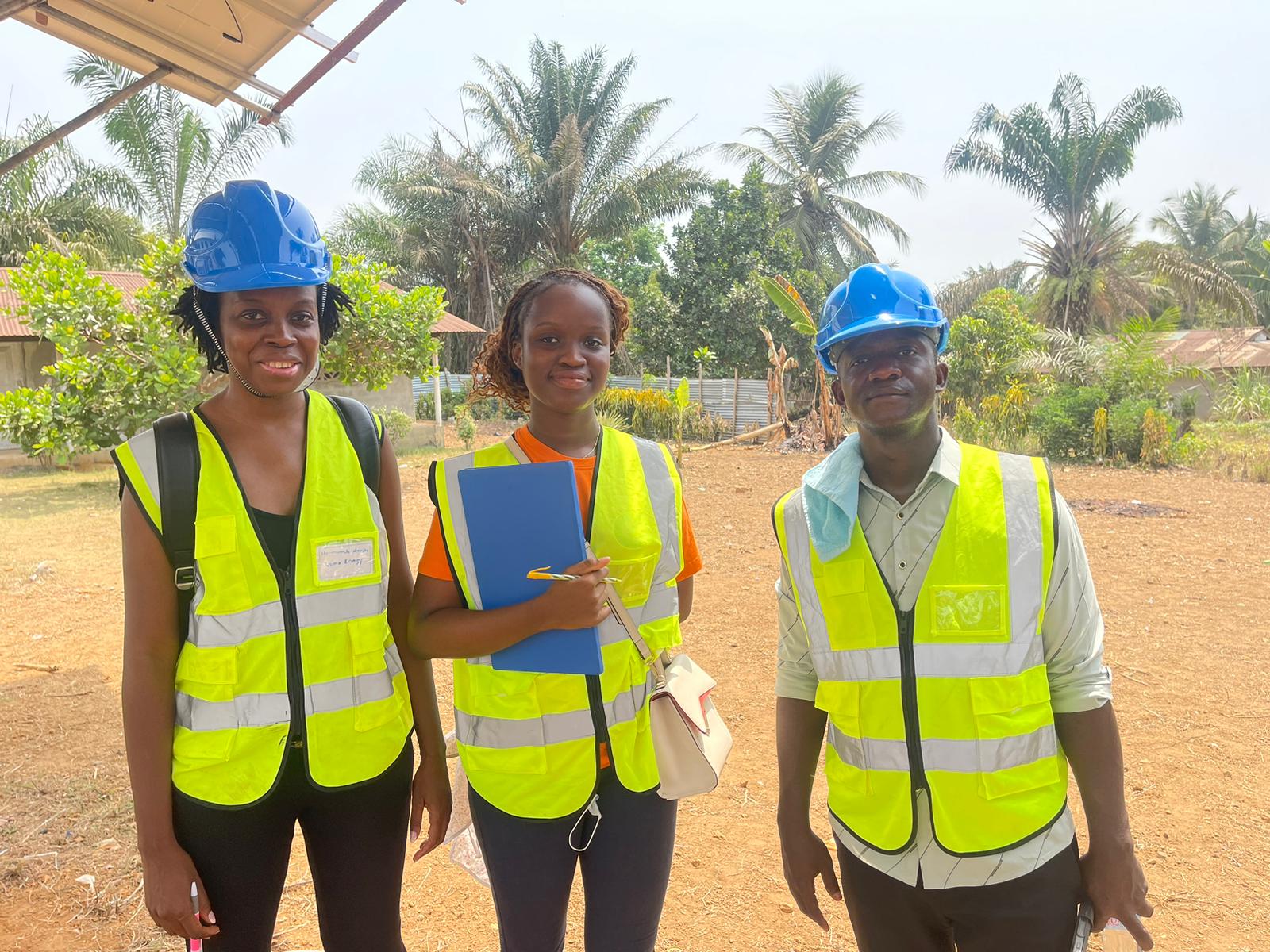
Hu-Miranda Sartee, Voma’s general manager, and her team.
This grant was a blessing to us,” said Hu-Miranda Sartee, general manager of Voma.
In 2022, the growth accelerator Programme also attracted an initial pool of 228 applications (156 males / 72 females), 188 businesses (132 males / 56 females), and 40 agricultural cooperatives (24 males / 16 females), of which 13 — seven small and medium-sized enterprises (5 males and 2 females), and six agricultural cooperatives (3 males / 3 females), emerged successful, each securing about US$40,000.
Also in 2021, the inaugural year of the program, the competition attracted 167 applicants (115 males and 52 females) from small and medium-sized businesses, of which five (4 males and 1 female) emerged successful, each securing between US$36,500 and US$40,000 in co-financing. Two of the Cohort 1 co-financing winners hired a total of 15 new employees and 20 contractors, making it a total of 35 (18 men and 17 women) new jobs created in 2022. Seven of cohort 1 & 2 businesses had also generated US$65,500 in sales.
“The long-term plan of the program is to build the capacity of the MSMEs to be able to secure bank financing and other services that can enable them to continuously grow,” said Abrahman Tumbey, head of UNDP’s Green and Inclusive Growth.
He added that women can benefit by first applying, once they meet the criteria.

